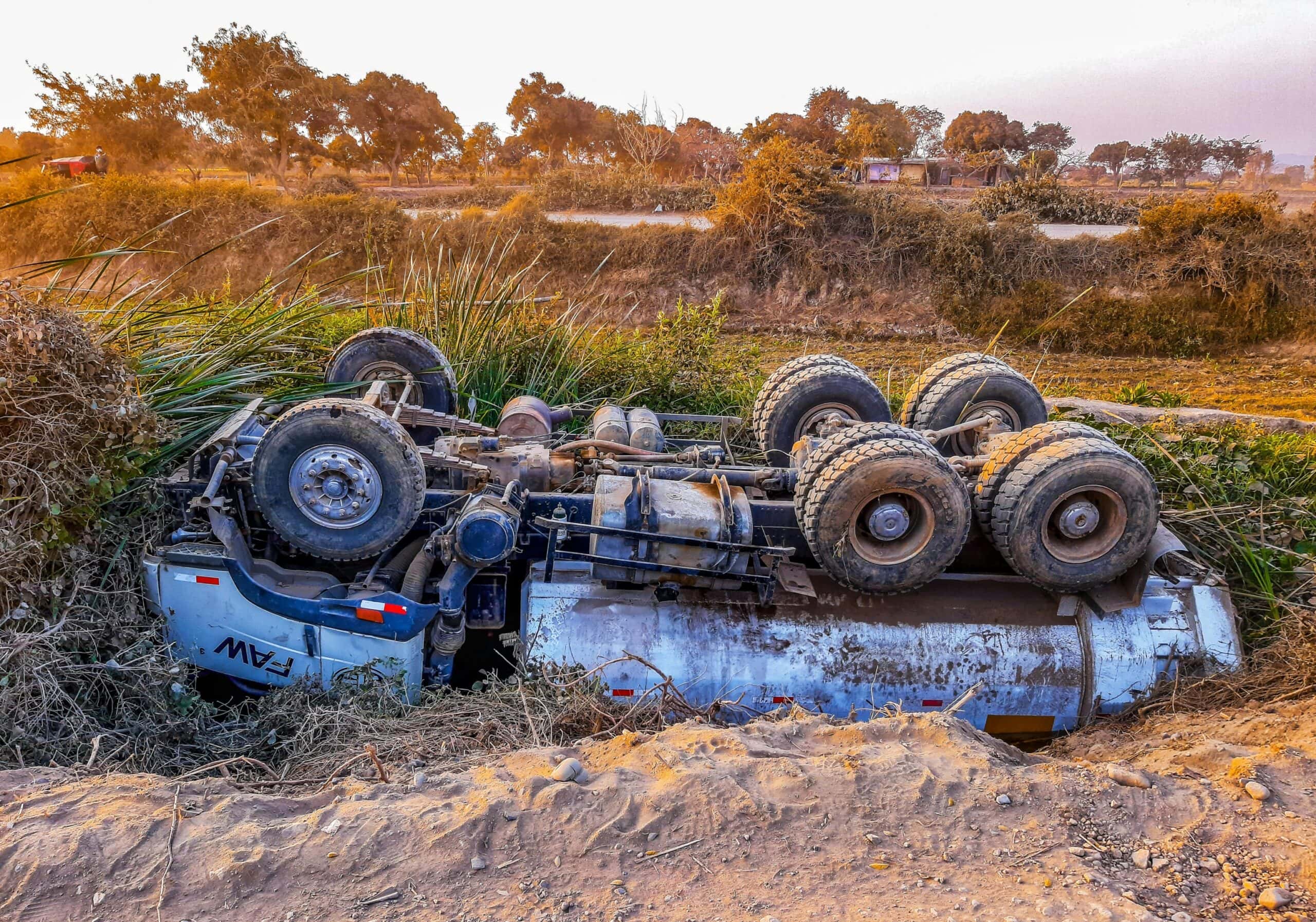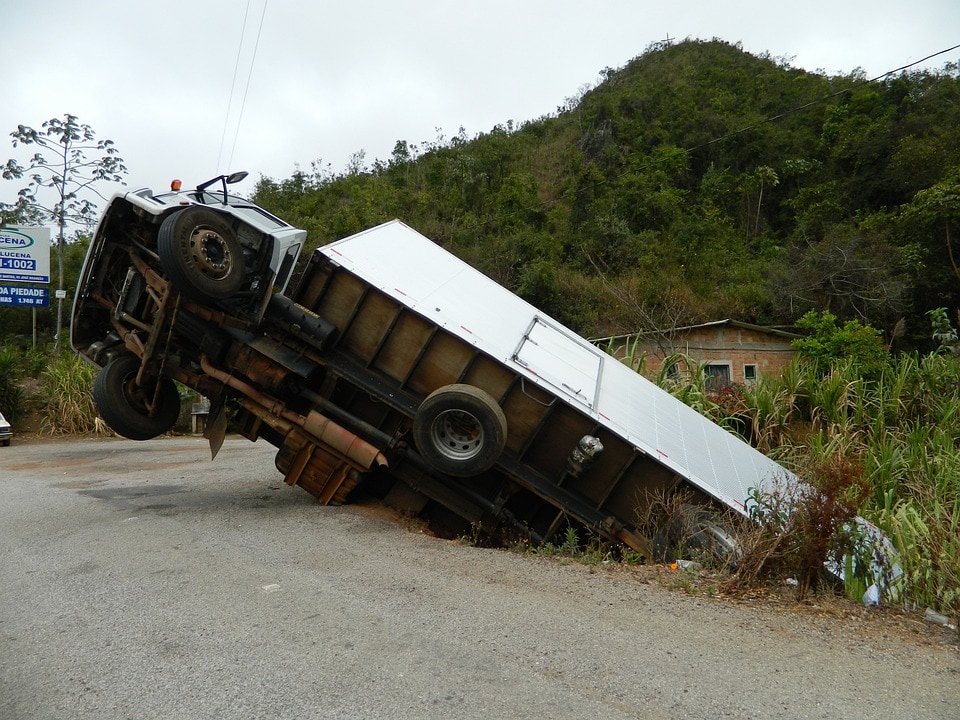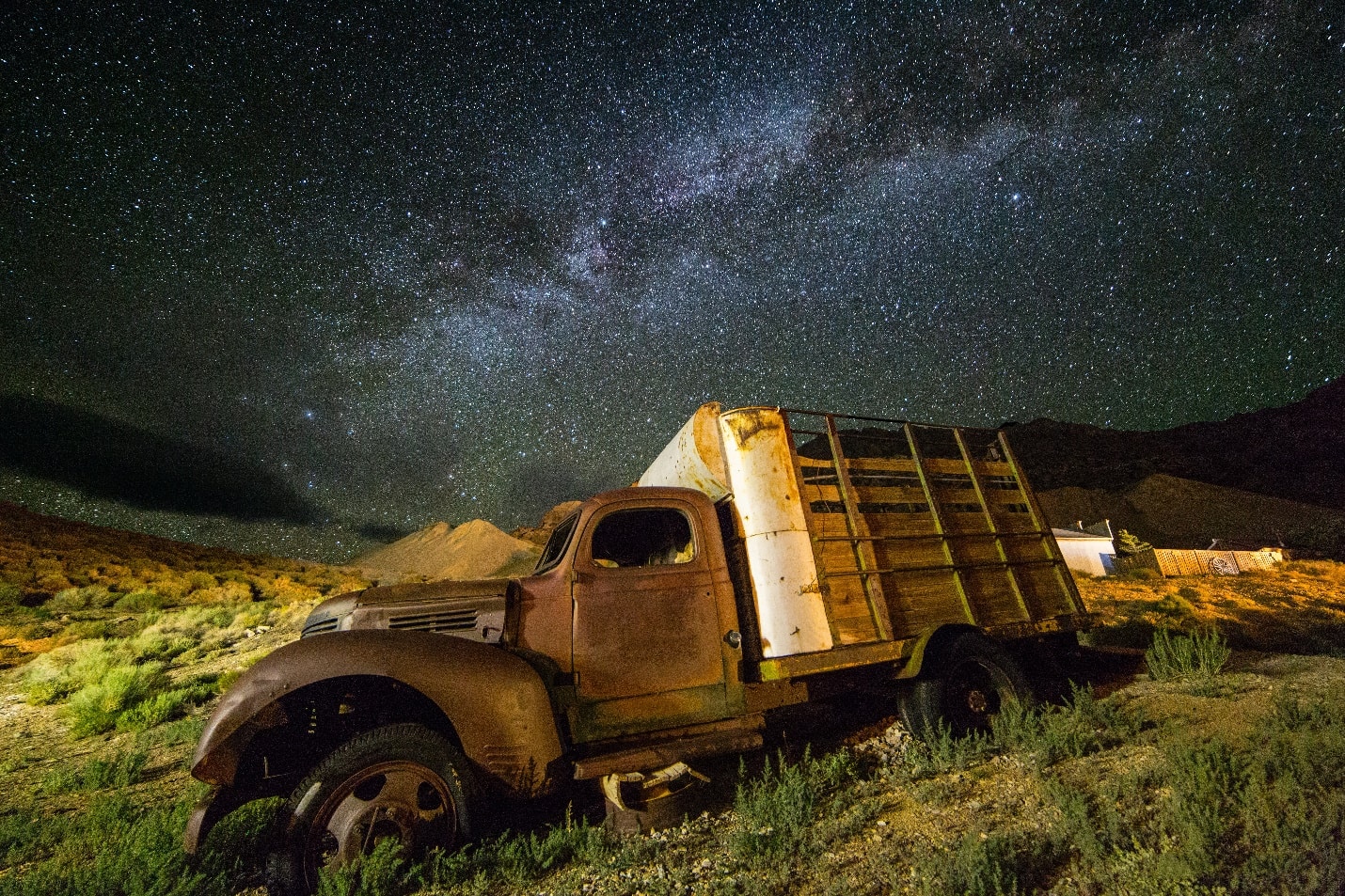
The road looks harmless in winter’s hush, quiet, blanketed, still. But beneath the sheen of falling snow lies black ice: invisible, deceptive, and capable of changing everything in a breath. One skid, one curve taken too fast, and a peaceful drive through Colorado turns into shattered glass, twisted metal, and a heart pounding in panic. It’s in the haunting silence after impact that the real journey begins, filled with pain, recovery, and the relentless pursuit of answers.
For those caught in a collision with a semi truck or commercial vehicle on these treacherous roads, the consequences run deeper than bruises. They carry lost wages, staggering medical bills, and a constant ache, both physical and emotional. Understanding the average settlement for a Colorado truck accident on black ice isn’t just about numbers. It’s about standing up after being blindsided. It’s about knowing that while black ice creates hazardous conditions, liability may still apply if a driver or trucking company failed to take reasonable precautions based on the weather and road conditions.
If you’ve ever driven those roads or loved someone who has, ask yourself: in the face of winter’s cruelty and negligence combined, would you know what steps to take? What if today was the moment you stopped questioning and started taking back control?
Black Ice Accidents in Colorado: Why They’re So Dangerous
Black ice forms when the temperature drops below freezing, creating a thin, transparent layer of ice on the road. Drivers, especially those operating large commercial vehicles, may not realize the danger until it’s too late. When a semi truck or commercial vehicle loses traction, the consequences can be catastrophic.
Winter storms and snow-covered roads create hazardous conditions for all motorists. But trucks, due to their size and weight, pose a greater threat in these situations. A single slip can lead to a commercial truck accident that injures multiple people, blocks highways, and results in truck rollovers or multi-vehicle collisions.
In many truck accident cases, the crash occurs because of unsafe driving habits, driver fatigue, or poor vehicle maintenance. Although black ice is a natural hazard, it does not excuse negligence. Trucking companies and drivers must prepare for winter weather. Failing to do so can result in legal liability.
Common Injuries in Truck Accidents on Black Ice
Accidents involving semi trucks and other vehicles on black ice often lead to serious injuries. The force of impact between a passenger vehicle and a large commercial vehicle can leave victims with lasting damage.
Some of the most common injuries sustained include:
- Spinal injuries and broken bones
- Traumatic brain injuries (TBIs)
- Chronic pain due to soft tissue damage
- Mental pain and emotional trauma
- Fall injuries, especially common when occupants are thrown around or ejected from the vehicle during the crash.
Medical bills from these injuries can pile up quickly, especially when surgery, hospitalization, or physical therapy is required. Victims may also face ongoing medical costs for years. In more severe injuries, the ability to work and earn wages diminishes, leading to lost wages and non-economic damages like loss of enjoyment of life.
Determining Liability in a Black Ice Truck Accident
To recover compensation, the injured party must prove negligence. In Colorado, fault-based insurance rules apply. That means the person responsible for the accident caused by black ice can be held financially liable.
Liability may fall on:
- The truck driver, if he failed to slow down or drive safely
- The trucking company for not maintaining the vehicle or training its drivers
- Property owners, if the vehicle crash occurred on private premises due to unsafe conditions (under premises liability)
A police report plays a key role in determining fault. It documents weather conditions, the vehicles involved, and witness statements. Sometimes, accident reconstruction experts help establish who was at fault.
Average Settlement for a Truck Accident on Black Ice in Colorado
Settlement amounts in personal injury cases involving trucks can vary widely. While many cases fall within the $75,000 to $500,000 range, outcomes depend on factors like injury severity, liability, and insurance coverage.
Factors affecting the settlement value include:
- The seriousness of the injuries sustained
- The cost of past and future medical expenses
- Lost wages and reduced earning capacity
- Pain and suffering (non-economic damages)
- Whether the accident involved multiple vehicles
Colorado law does not cap economic damages but limits non-economic damages in some cases. According to Colorado Revised Statutes §13-21-102.5, non-economic damages in personal injury claims are generally capped at $500,000. However, this cap adjusts periodically for inflation and may be increased if the court finds clear and convincing evidence justifying a higher award.
How Insurance Companies Handle These Cases
Insurance companies often try to minimize payouts in motor vehicle accidents. They may argue that black ice was an unavoidable natural hazard, or they may try to shift the blame to other drivers.
In settlement negotiations, insurers may:
- Undervalue medical costs and long-term care needs
- Downplay the impact of severe injuries
- Dispute liability between multiple parties
- Push for early settlements before full injuries are known
Because these cases involve commercial vehicle policies, there can be multiple insurance layers: one for the driver, another for the trucking company, and possibly more. An experienced truck accident attorney helps clarify policy limits and supports your injury claim with strong evidence.
Legal Protections Under Colorado Law
Colorado drivers must follow C.R.S. §42-4-1402, which requires all motorists to drive with due regard for the road conditions. This law applies directly in black ice scenarios. Truck drivers who fail to adjust their speed during winter weather violate this statute and may be considered negligent.
In addition:
- Premises liability laws (C.R.S. §13-21-115) hold property owners responsible for failing to address dangerous ice patches on their land.
- Commercial truck drivers must follow Federal Motor Carrier Safety Administration (FMCSA) regulations, which mandate rest breaks, driving limits, and vehicle maintenance.
These laws help determine fault and guide courts in awarding fair settlements.
What to Do After a Black Ice Truck Accident
If you’ve been injured in a truck accident caused by black ice, take the following steps:
- Seek medical attention immediately, even if you don’t feel injured.
- Report the accident, contact law enforcement, and request a police report.
- Document the scene, take photos of the vehicles involved, black ice patches, and any visible injuries.
- Collect witness information, statements can support your claim.
- Keep records, store all medical bills, proof of lost wages, and therapy records.
Acting quickly can significantly impact the strength of your personal injury lawsuit or insurance claim.
FAQ
Can I file a lawsuit after a semi truck accident caused by black ice?
Yes, you can file a lawsuit if a semi truck accident resulted from negligence, even in icy or snow-covered conditions. Colorado follows fault-based rules, which means the driver, trucking company, or another liable party must pay damages if their actions caused the crash. A truck accident lawyer can help you file a personal injury lawsuit and pursue fair compensation.
How does black ice affect liability in winter car accidents?
Black ice alone doesn’t excuse negligence. Drivers, especially commercial drivers, must reduce speed and drive cautiously. If a truck driver fails to adjust to winter weather or drives too fast on snow-covered roads, they may be held responsible for the accident. Law firms that handle truck accident cases know how to determine liability using police reports, witness statements, and crash reconstruction.
Are truck accident lawsuits handled differently from slip and fall cases?
Yes, truck accidents often involve commercial vehicle regulations and multiple insurance policies, while slip and fall claims typically focus on premises liability. However, both types of personal injury lawsuits aim to recover damages for medical bills, lost wages, and pain and suffering.
What role does the insurance company play in these claims?
The insurance company will investigate the accident, assess damages, and offer a settlement. However, insurers often try to minimize payouts in truck accident cases. A qualified truck accident lawyer ensures that the insurance company treats both you and your claim fairly.
Can I receive maximum compensation even if the weather was a factor?
Yes, but only if you prove that the other party acted negligently despite the weather conditions. For example, a truck driver who didn’t slow down or a property owner who ignored ice patches may still be at fault. You can pursue maximum compensation for your injuries, but building a strong case often requires help from experienced law firms.
What happens if black ice causes a multi-vehicle truck accident?
Black ice often causes chain-reaction crashes involving multiple vehicles. If a semi truck crashes due to speeding or failing to drive at slower speeds on snow-covered roads, investigators will determine liability based on driver behavior and conditions. When negligence causes the accident, both you and other victims can pursue fair compensation.
Reclaim What This Crash Tried to Take
A truck accident on black ice doesn’t just leave you injured. It interrupts your life, plans, and ability to show up for the people who count on you. The bruises may fade, but the emotional weight, the financial pressure, and the unanswered questions often linger far longer.
You didn’t choose the weather. You didn’t cause the crash. But you do get to choose what comes next. And that choice starts with standing up for your rights, seeking clarity, and making sure the burden of someone else’s negligence doesn’t fall solely on you.
At Bourassa Law Group, we understand the full cost of these moments, the visible injuries, and the hidden struggles. If you’ve been affected by a truck accident, contact us today for a free consultation. Let’s chart a path forward that reflects what your story is truly worth.





